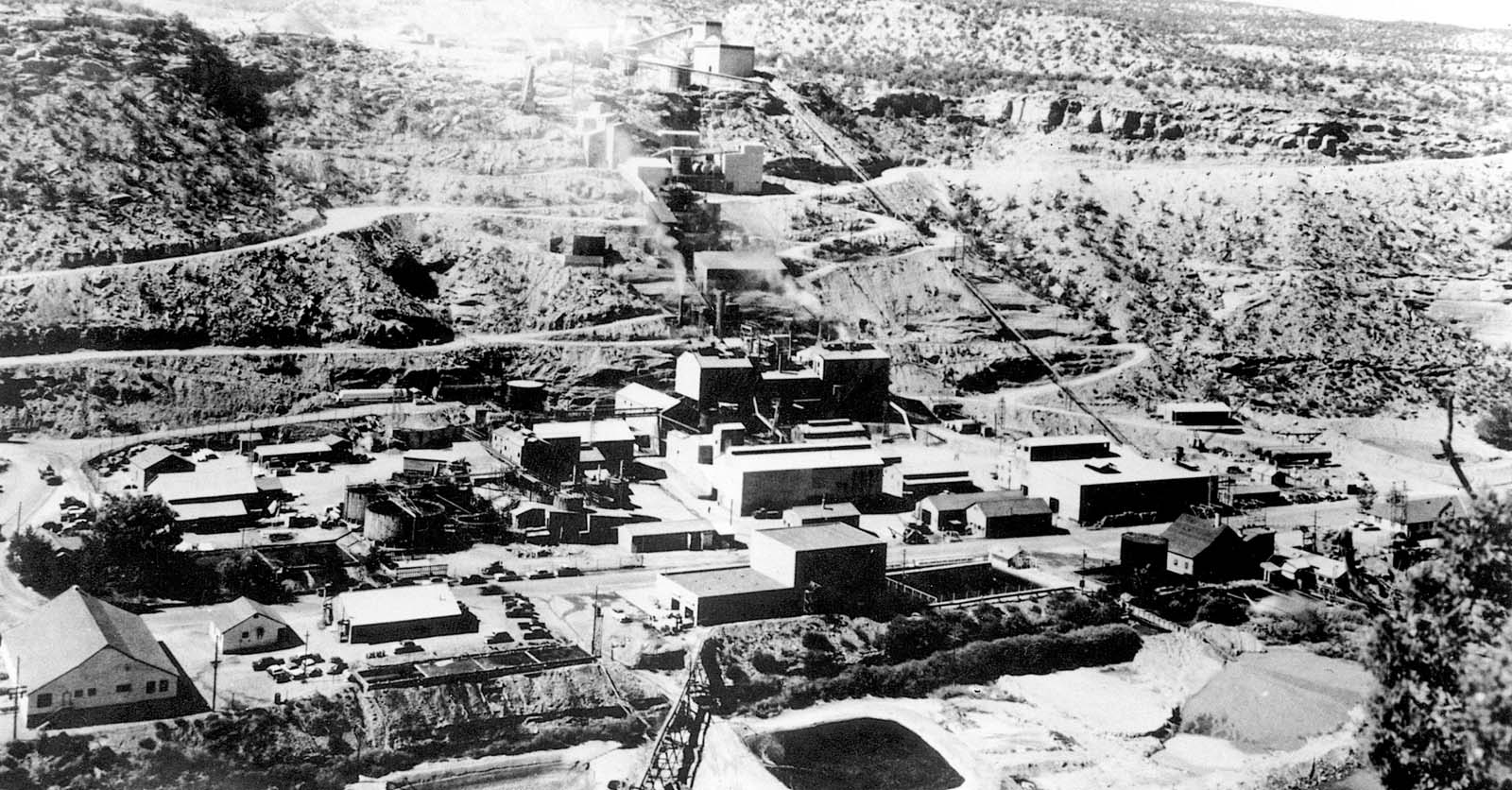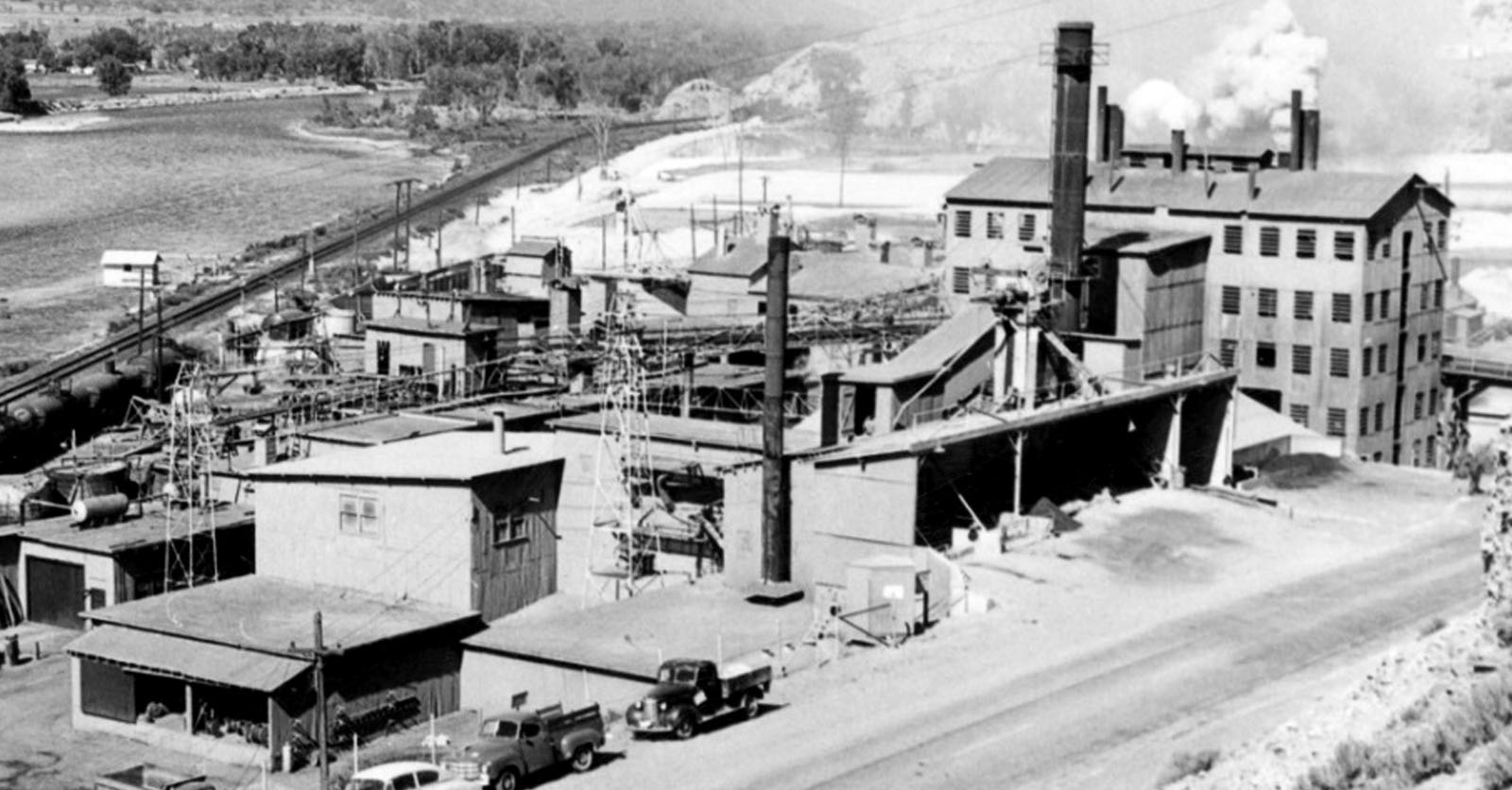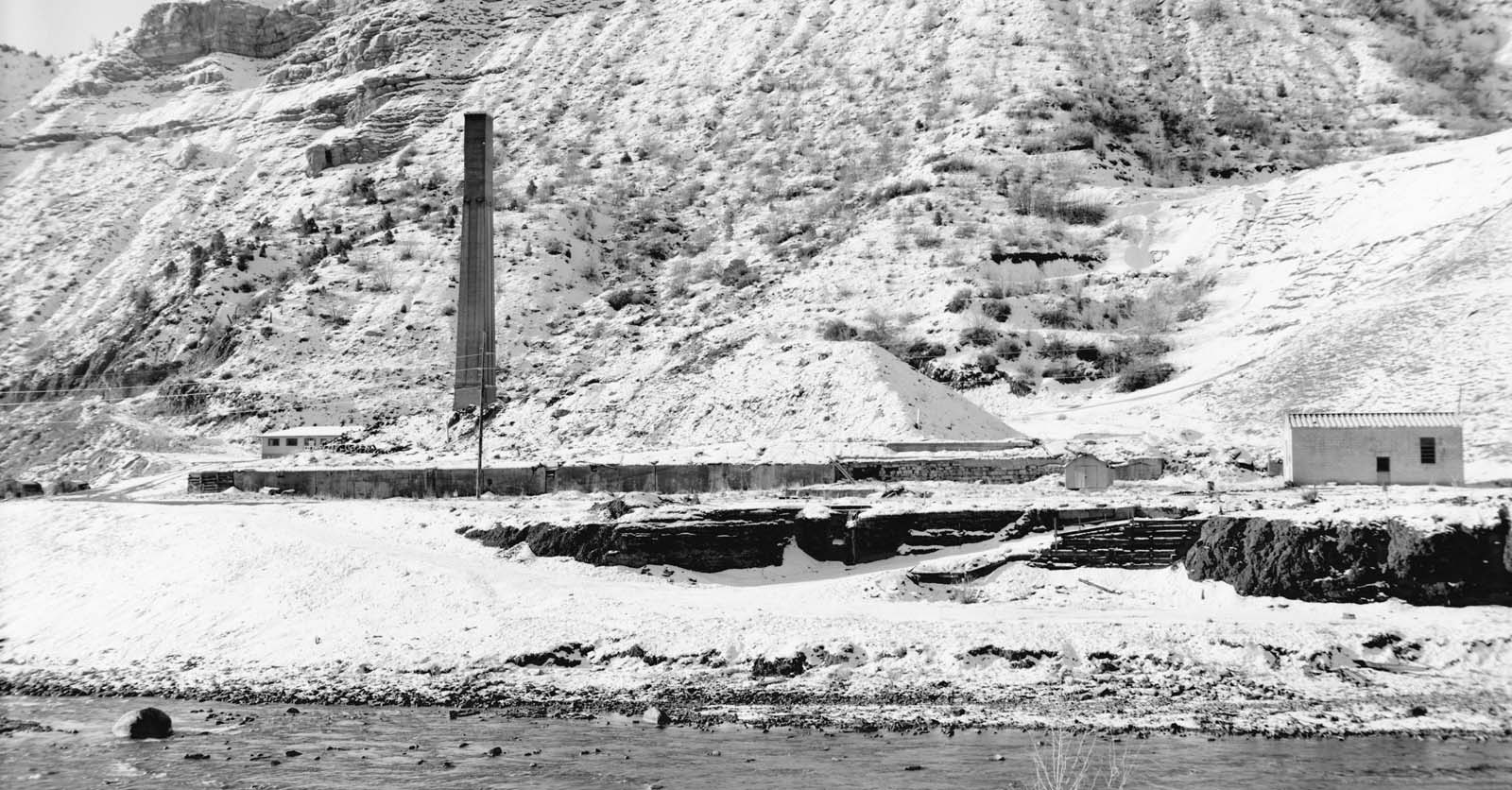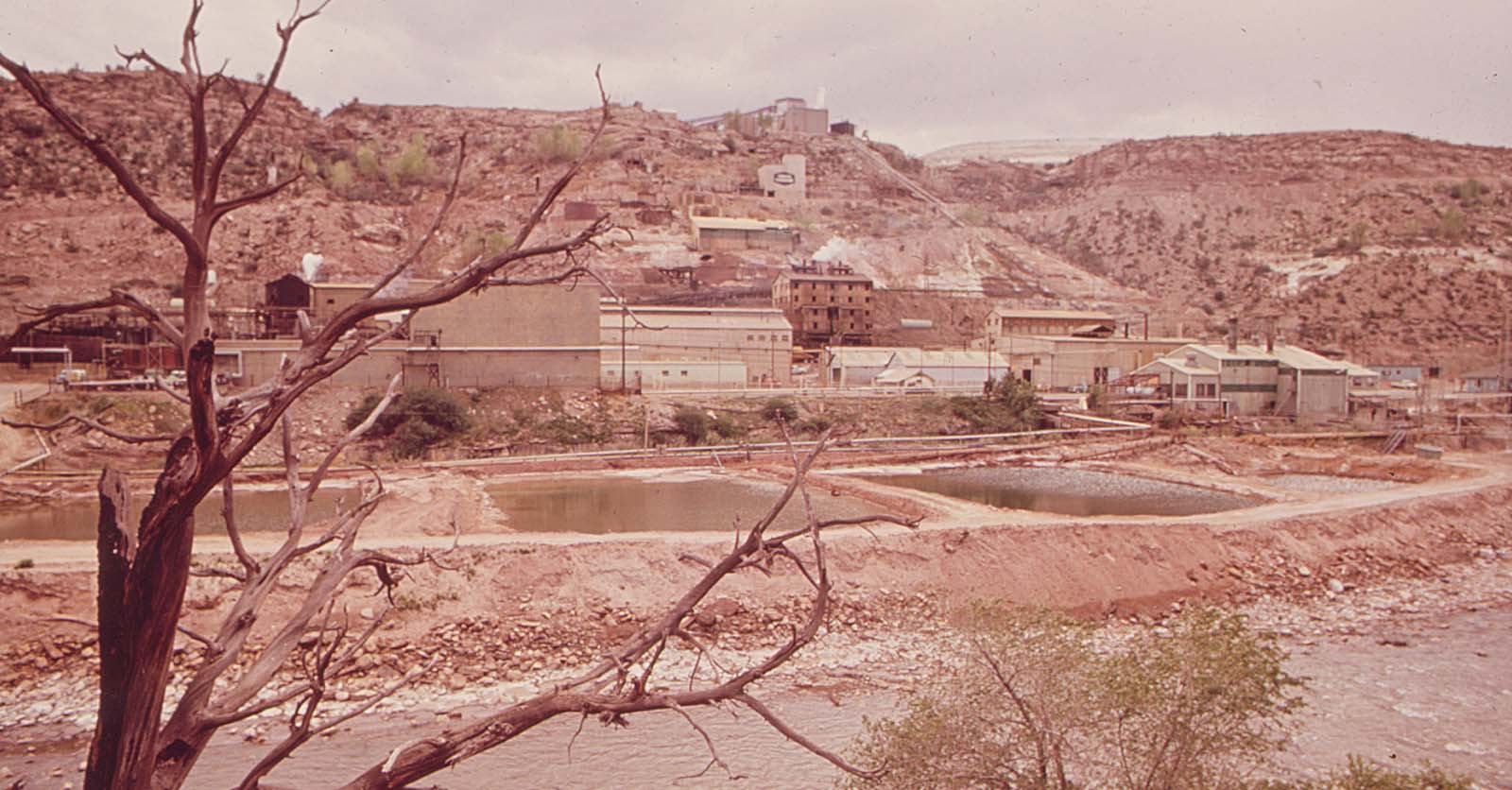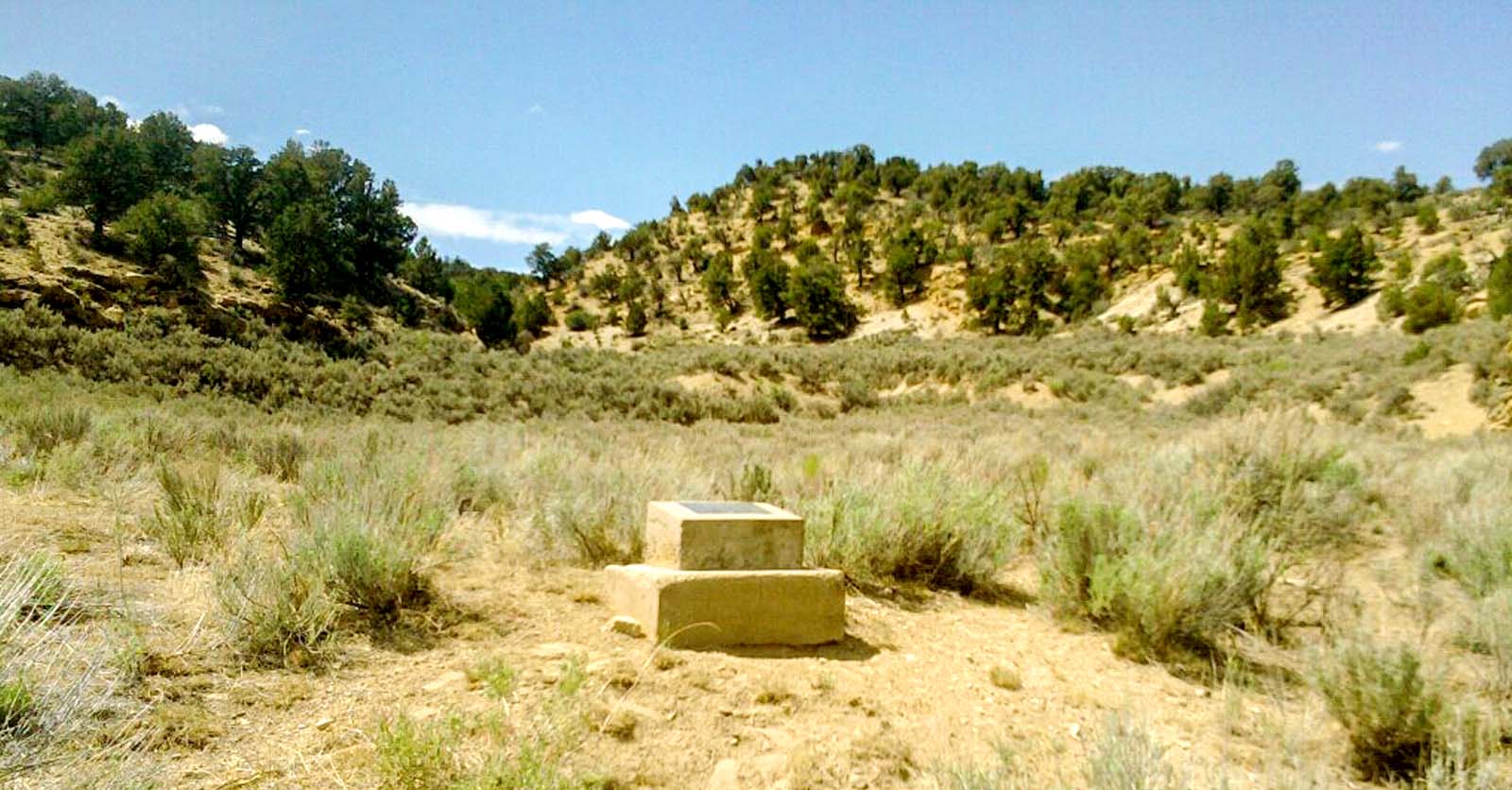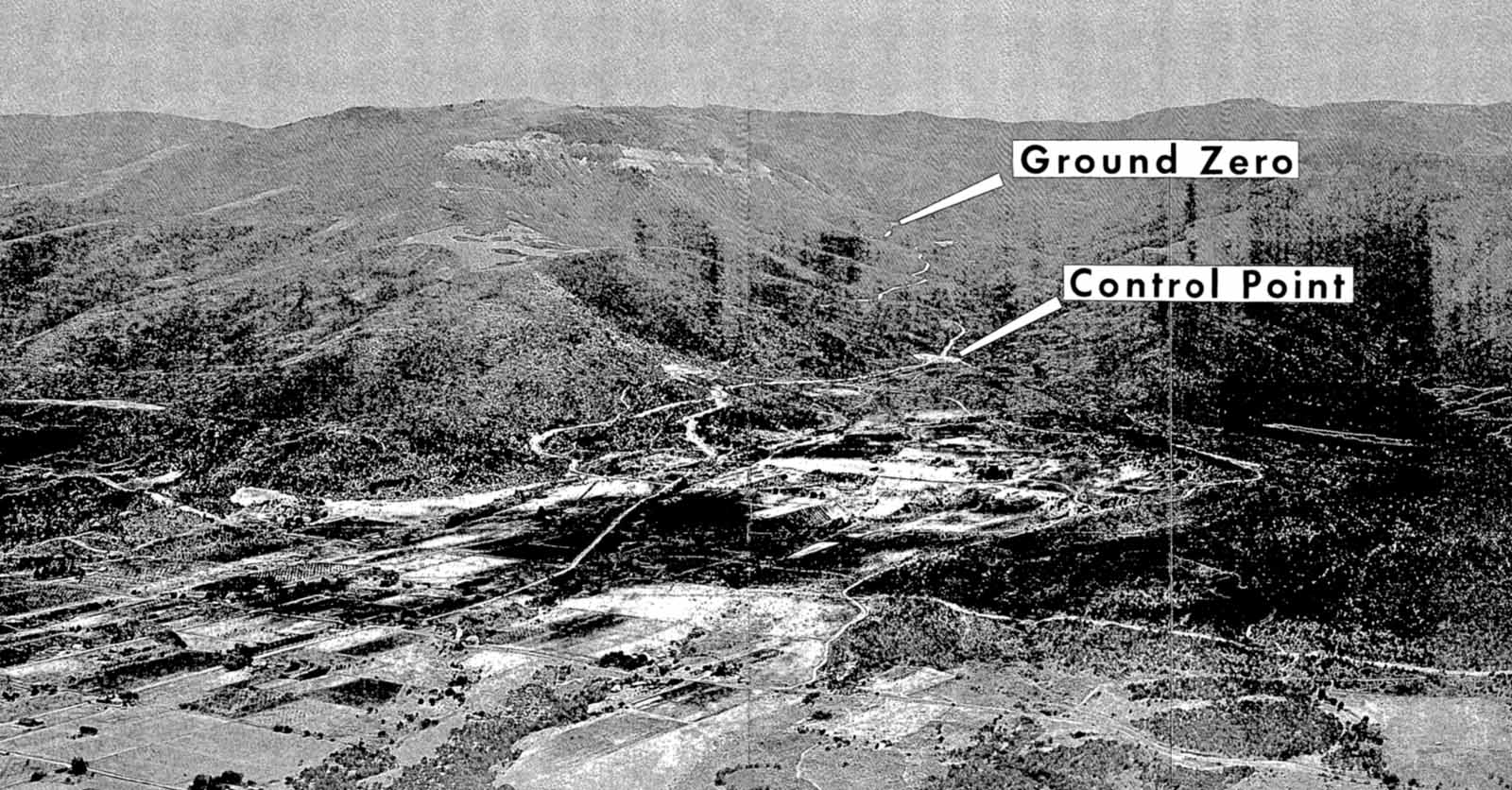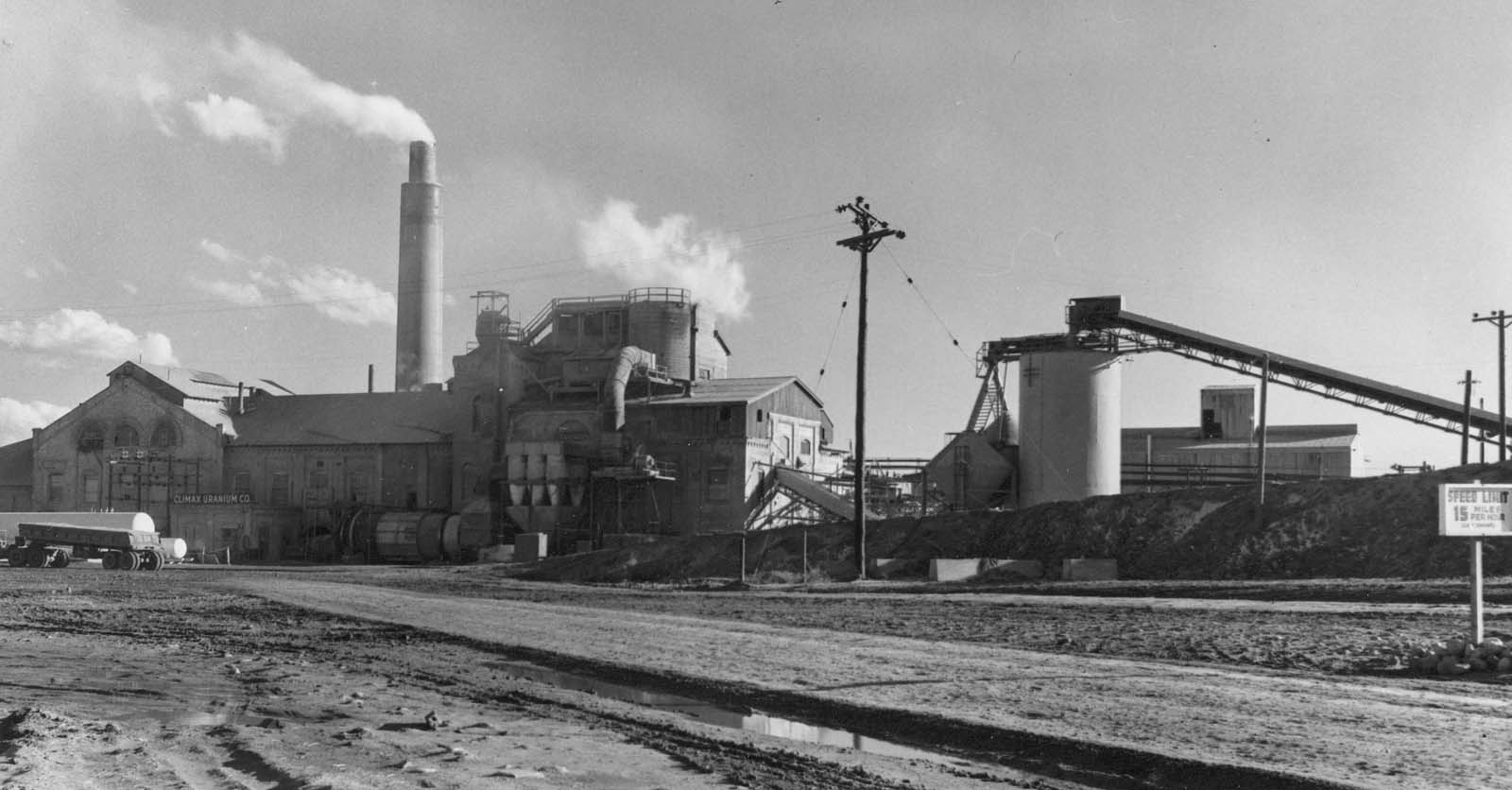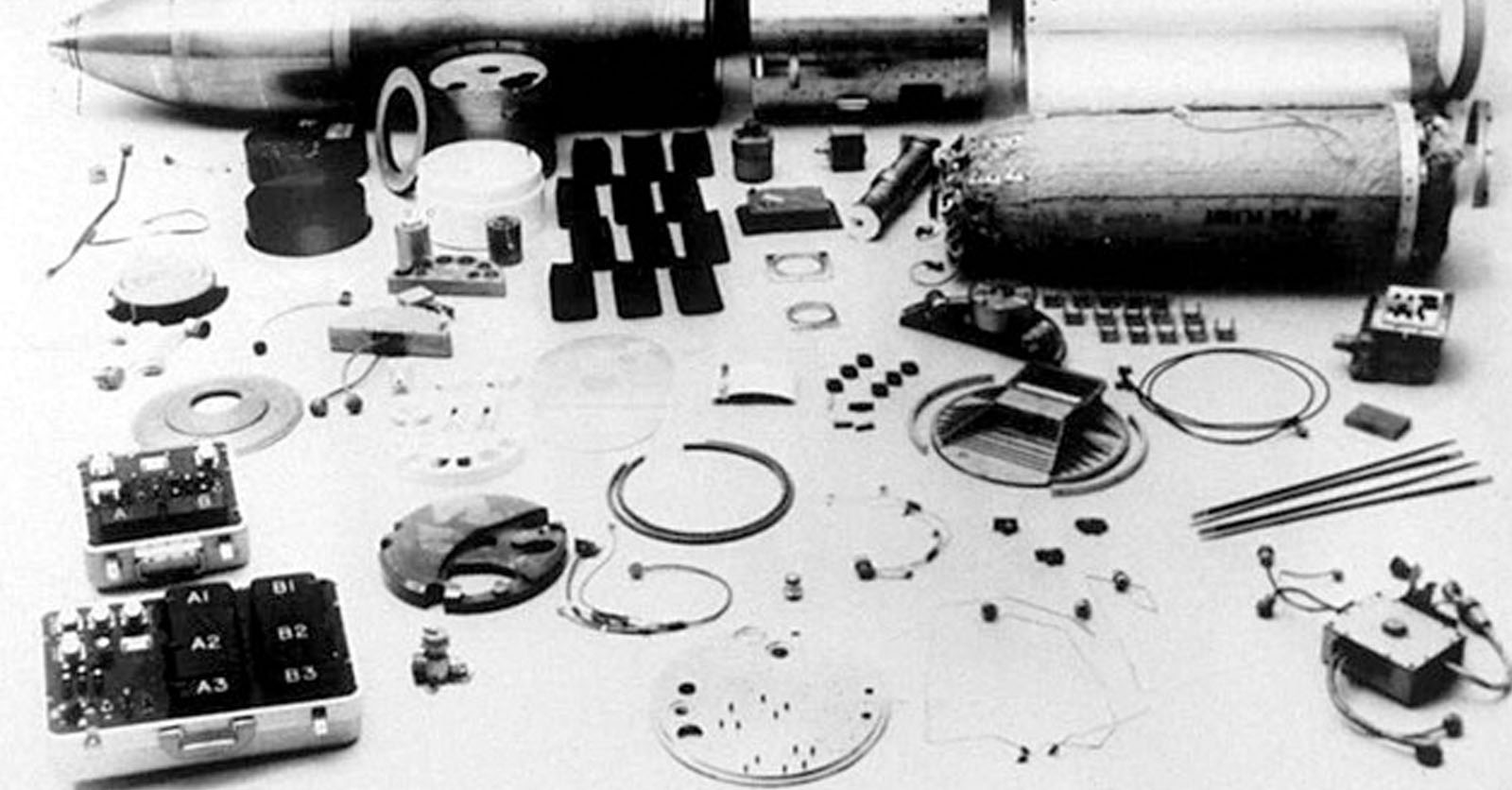2 min read
Shattuck Chemical Company: Approved for EEOICPA benefits
![]() Trusted Ally Staff
:
May 1, 2025 12:37:09 PM
Trusted Ally Staff
:
May 1, 2025 12:37:09 PM
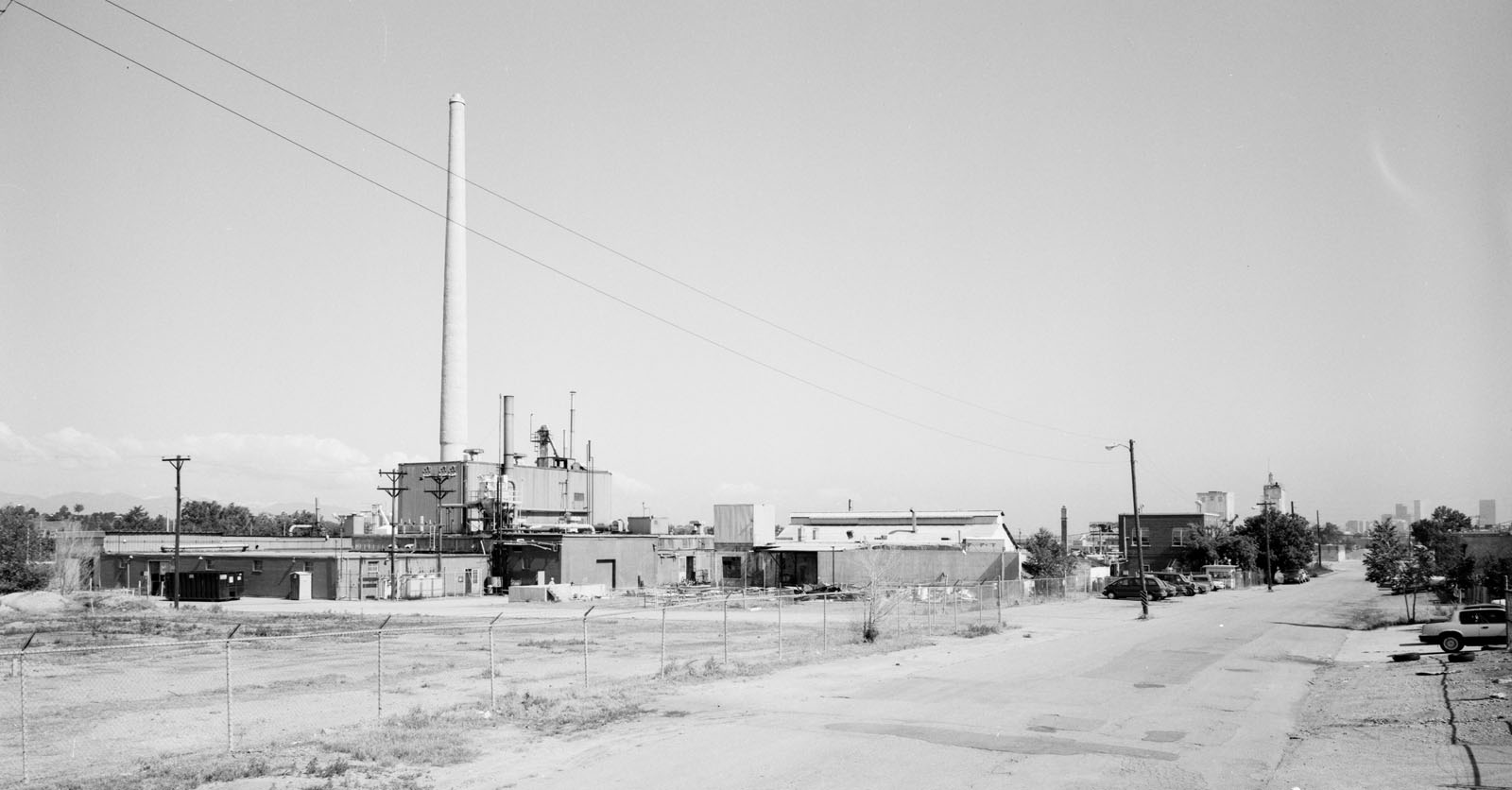
Subscribe to Trusted Ally News
How did the Shattuck Chemical Company impact Colorado’s nuclear weapons history?
For much of the 20th century, the Shattuck Chemical Company, also known as the Dawn Mining Corporation and Denn Mining Corporation, operated quietly in southwest Denver, Colorado. Workers were part of a critical industrial mission to process radioactive and toxic materials for use in national defense, research, and industry.
A brief history of Shattuck Chemical Company
Shattuck Chemical began operations in the early 1900s, originally processing radium, vanadium, and other metals. By the mid-20th century, it became involved in uranium processing to support the U.S. nuclear weapons program, aligning its work with the needs of the Manhattan Project and later Department of Energy (DOE) efforts.
From the 1950s through the 1980s, Shattuck Chemical handled a wide array of dangerous substances including:
-
Radium-226 and uranium ores
-
Vanadium used in steel production
-
Other radioactive and heavy metals
The company operated in Denver’s Overland Park neighborhood until it closed in 1984. By then, concerns about occupational health risks and contamination had begun to surface.
How is the Shattuck Chemical Company connected to Rocky Flats?
Shattuck Chemical is believed to have supplied uranium and other radioactive materials to various U.S. government nuclear programs, including potentially the Rocky Flats Plant near Denver, Colorado.
While official records on direct shipments between Shattuck and Rocky Flats are limited or not publicly detailed, both facilities were involved in the nuclear weapons production pipeline and operated under contracts related to the Atomic Energy Commission (A-E-C) and later DOE. Shattuck processed uranium ores and produced uranium compounds that were used in nuclear weapons production, and Rocky Flats was one of the key sites where those components were assembled into plutonium triggers.
Because of their overlapping timelines and roles in the nuclear industry, it is highly likely that materials from Shattuck made their way, either directly or indirectly, into the supply chain for Rocky Flats or similar facilities.
Adverse health effects among workers
Employees at Shattuck Chemical were often exposed to radioactive dust, heavy metals, and toxic chemicals, many of which are now recognized as carcinogenic or damaging to major organ systems. During much of the plant's operation, protective equipment and proper ventilation were either inadequate or nonexistent, especially in earlier decades.
Documented and suspected health effects include:
-
Lung cancer and other radiation-linked cancers
-
Chronic beryllium disease (CBD) – a debilitating lung condition
-
Silicosis and pneumoconiosis
-
Kidney and liver failure from metal toxicity
-
Immune system disorders and neurological symptoms
Many workers were not fully informed of the risks they faced on the job and some only discovered the dangers long after leaving the plant, once they developed symptoms of serious illness.
Environmental and community impact
Beyond the workforce, the site left a significant environmental legacy. Waste from the plant, including radioactive and toxic materials, was buried on-site or improperly stored, leading to the contamination of nearby soil and groundwater.
In the 1990s, the Shattuck Chemical site was officially designated a Superfund site by the U.S. Environmental Protection Agency (EPA), initiating a long and contentious cleanup process. Community members voiced concerns about elevated cancer rates, environmental exposure, and lack of transparency from authorities.
Government response and cleanup efforts
The initial remediation involved removing contaminated soil and waste, but community concerns over residual hazards led to additional cleanup measures and long-term monitoring. Today, the site is capped and stabilized, with ongoing environmental oversight.
Approved for EEOICPA White Card benefits
The Shattuck Chemical Company is an approved site for The Energy Employees Occupational Illness Compensation Program or the EEOICPA White Card Program.
As of March 2025, Shattuck Chemical Company workers have received over $480,000 in EEOICPA settlements and medical bills paid.
Let us check if you or a loved one qualifies for up to $400,000 plus free medical care in the comfort of home.
Your pathway to care starts with Trusted Ally Home Care. Get started today and let us guide you through the process of receiving the care you or a loved one deserves.





